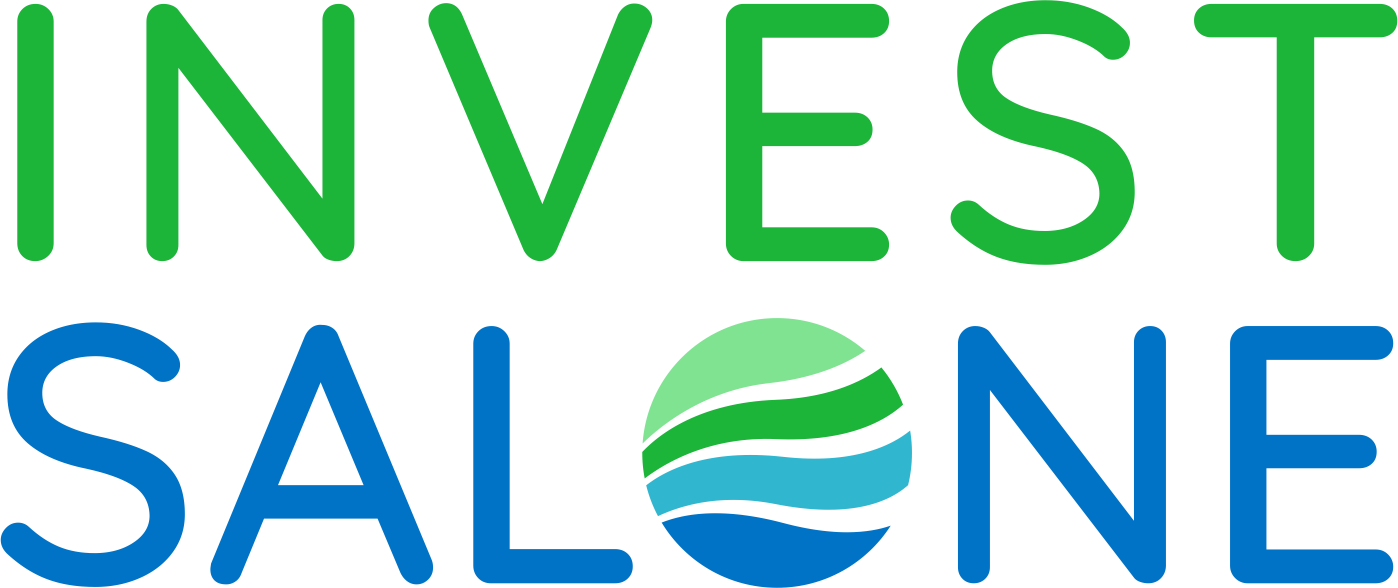Sierra Leone’s emerging voluntary carbon market could be an economic and environmental game changer for the country, according to a new report from Invest Salone. However, key public and private stakeholders urgently need to come together to create the strategic roadmap necessary to shape the market’s development.
Invest Salone, which is funded by the UK government, has been supporting the private sector in Sierra Leone since 2019. Their work in the carbon market includes facilitating dialogue between carbon market actors, market research and analysis, and supporting investors with technical assistance and grants through their PROSPER Salone scheme.
The report – A situational analysis of the carbon market landscape in Sierra Leone – was commissioned and published in response to growing interest in the country’s voluntary carbon market from the government, private sector, development partners and NGOs.
It provides a snapshot of stakeholder priorities, opportunities for support, areas of risk and recommendations on how to develop the market transparently and equitably. The report emphasises that establishing a carbon market framework, with contributions from private and public stakeholders and using the best available science and metrics, is vital.
A key recommendation from the report is the creation of a “carbon coalition” of responsible investors. This coalition could bring together private sector representatives to coordinate and support the development of a credible carbon credit market in Sierra Leone.
The report also highlights the additional work needed to protect the rights of local and indigenous communities. It concludes that community-based organisations and community representatives must be involved from the outset and, where carbon projects take place, benefits for local communities must be included in national policies and regulations.
It further suggests that international development partners could help meet the need for high-quality, accessible data to support the market’s growth by providing direct funding and technical assistance to established data collection institutions so that established indicators can accurately measure progress and impact. The report also highlights the role that the international community can play in championing mechanisms for the equitable distribution of benefits among project developers, the government and local communities.
David Bathalomew, a consultant with Invest Salone, says that the rapid growth of the voluntary carbon trading sector in Sierra Leone is a real opportunity, but that stakeholder integrity and coordination across the carbon credit sector is vital. “There is a strong case for bringing together key private sector players in the sector to support the development and implementation of a fair and equitable regulatory framework, ensuring that the benefits can be maintained for many years to come,” he says. “The key goal is supporting the growth of the carbon market in Sierra Leone and developing a win-win-win scenario for the country, where the private sector, government and local communities all benefit.”
Corey Nelson, a principal at Cadmus Group and one of the report’s authors, added: “Early and informed engagement of the private sector and an open and transparent dialogue with the public sector are key components for the success of not only a sustainable, but a resilient, carbon marketspace. Sierra Leone is poised to build on best practice and avoid risky pitfalls to champion a carbon market that can become a model for the region – one that is accessible, equitable and puts communities first. The moment is now, and giving the private sector a seat at the table will catalyse a coalition focused on responsible investment for the whole of Sierra Leone.”
To download the report visit Invest Salone’s website.
